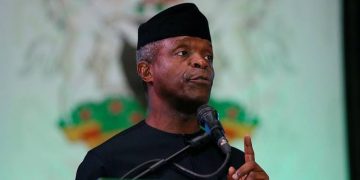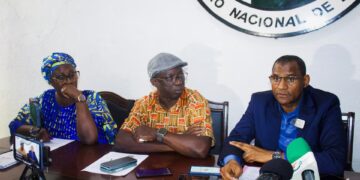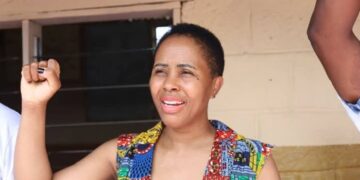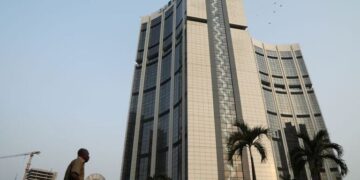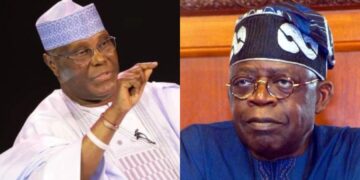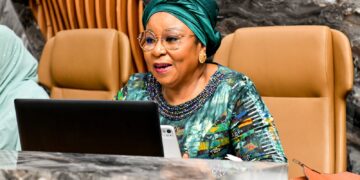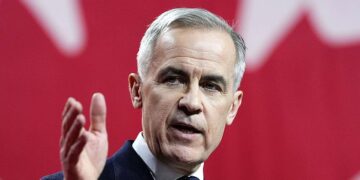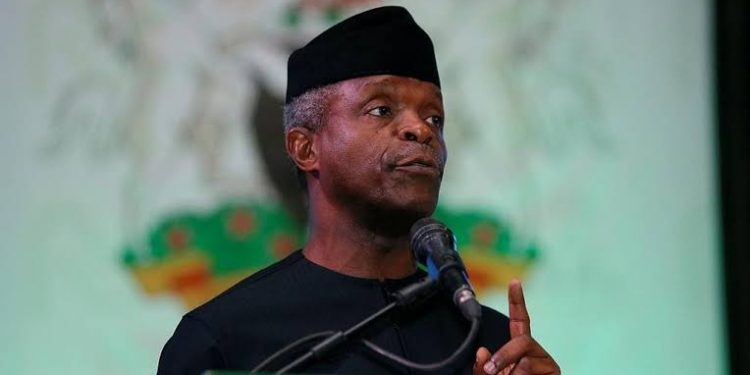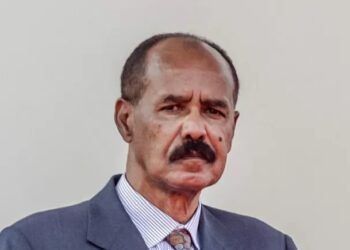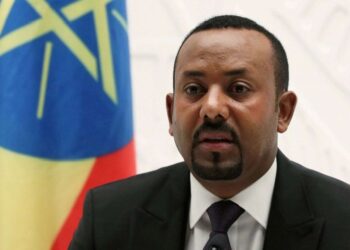By John Ikani
Nigeria’s Vice President, Professor Yemi Osinbajo has bemoaned international conspiracy to stifle development of gas projects in Africa by the developed world.
Speaking on Tuesday during a Virtual Conference themed: ‘Climate, Conflict, and Demography in Africa’, jointly hosted by the International Crisis Group, the Royal African Society, and African Confidential Publications, Osinbajo said efforts are currently underway to limit the development of gas projects in Africa despite its contribution to climate change being negligible.
According to him, the conspiracy “violates the principles of equity and justice, enshrined in global agreements as developed nations are not making needed efforts to invest in clean energy in the continent, neither do they redirect global capital to our nations.”
“But worse, we are being compelled to make disproportionately huge sacrifices as the wealthier countries continue full speed on defunding gas projects and insisting that gas projects must be defunded as an important component of the drive towards net-zero emissions by 2030,” he added.
Commenting on the amount of investments required in clean electricity – generation and grid storage infrastructure, Osinbajo stated that to get the world on track for net-zero emissions by 2050, it will cost more than US$1.6 trillion per year by 2030. “This is over four times more than what was invested in these sectors in 2020. In regions like Africa, installed electricity capacity will need to double by 2030 and increase at least five-fold by 2050,” he said.
Why is gas important to developing nations?
Explaining the necessity of gas in developing nations, Osinbajo said “it acts as a bridge fuel, to increase the share of renewable energy in the energy mix, and rapidly transition away from firewood-based cooking fuel to natural gas-based cooking, yields both environmental and health benefits.”
Giving reasons for his argument against defunding gas projects, the Vice President said, “our first obligation will always be to ensure the wellbeing of our people, through access to development services including electricity, healthcare, education, safe jobs, and a safe environment, including access to clean cooking fuels.
“We must prioritize solutions that align with development and climate agendas, this is absolutely important. The global climate conversation can only be equitable and inclusive by putting all people in all geographies at the heart of the endeavor to save the planet.”
